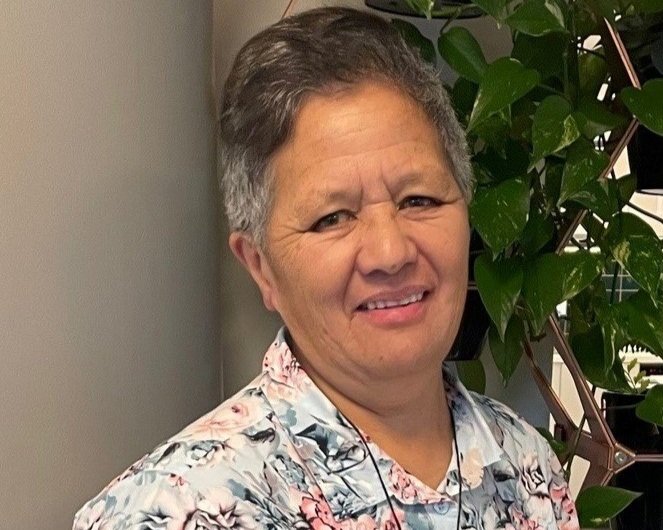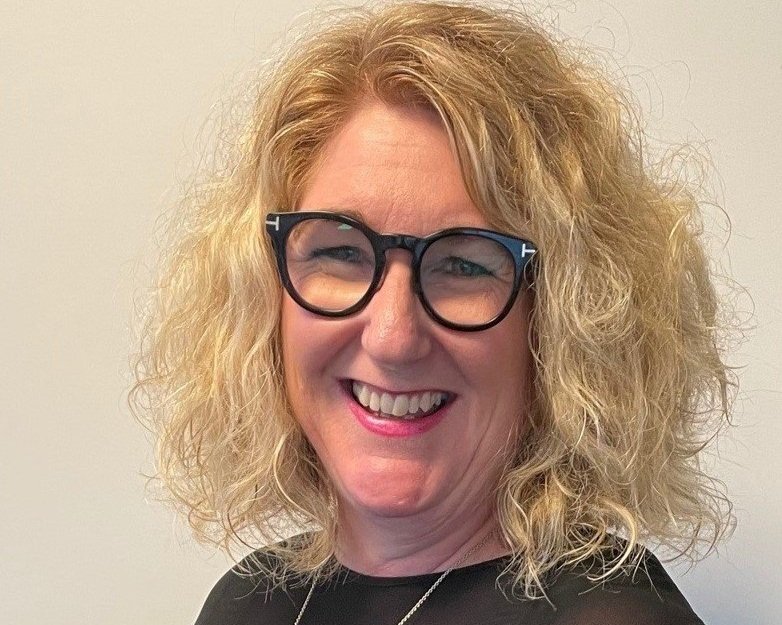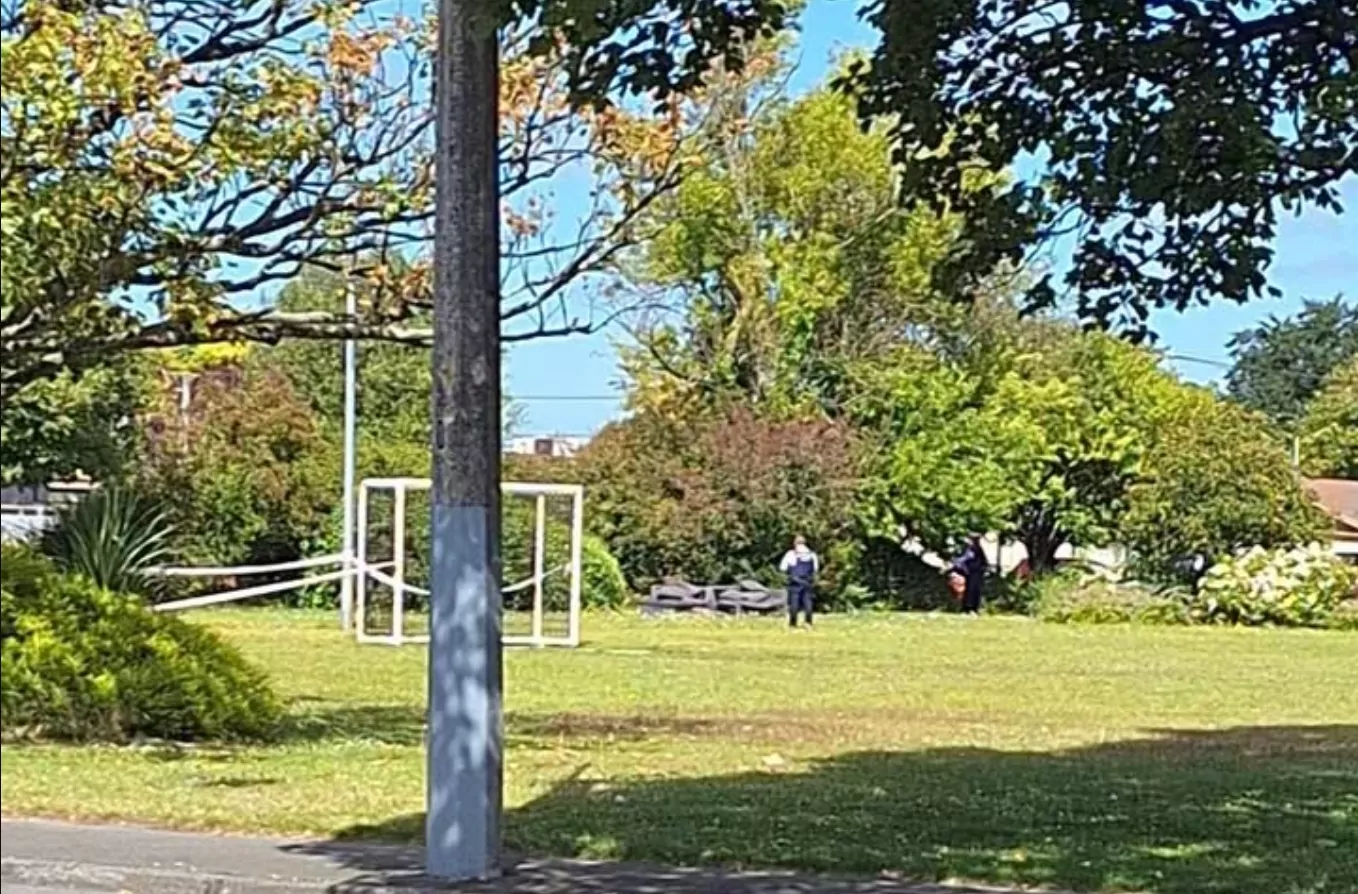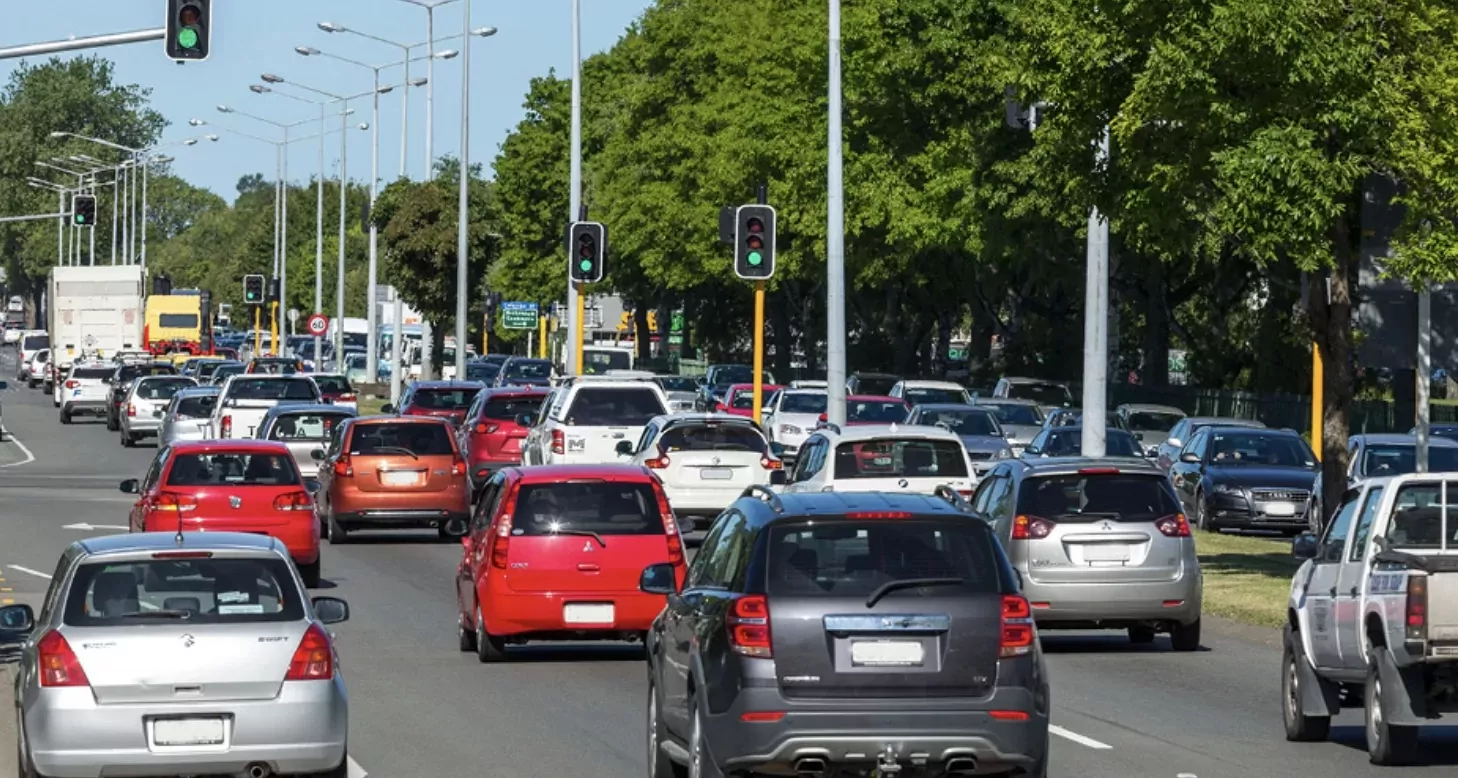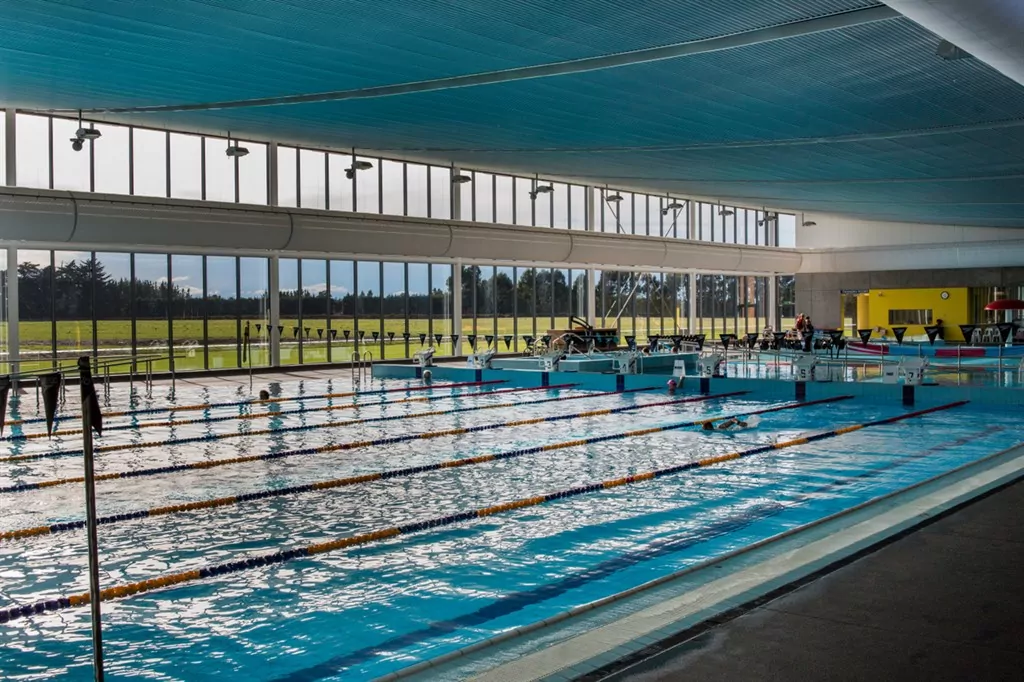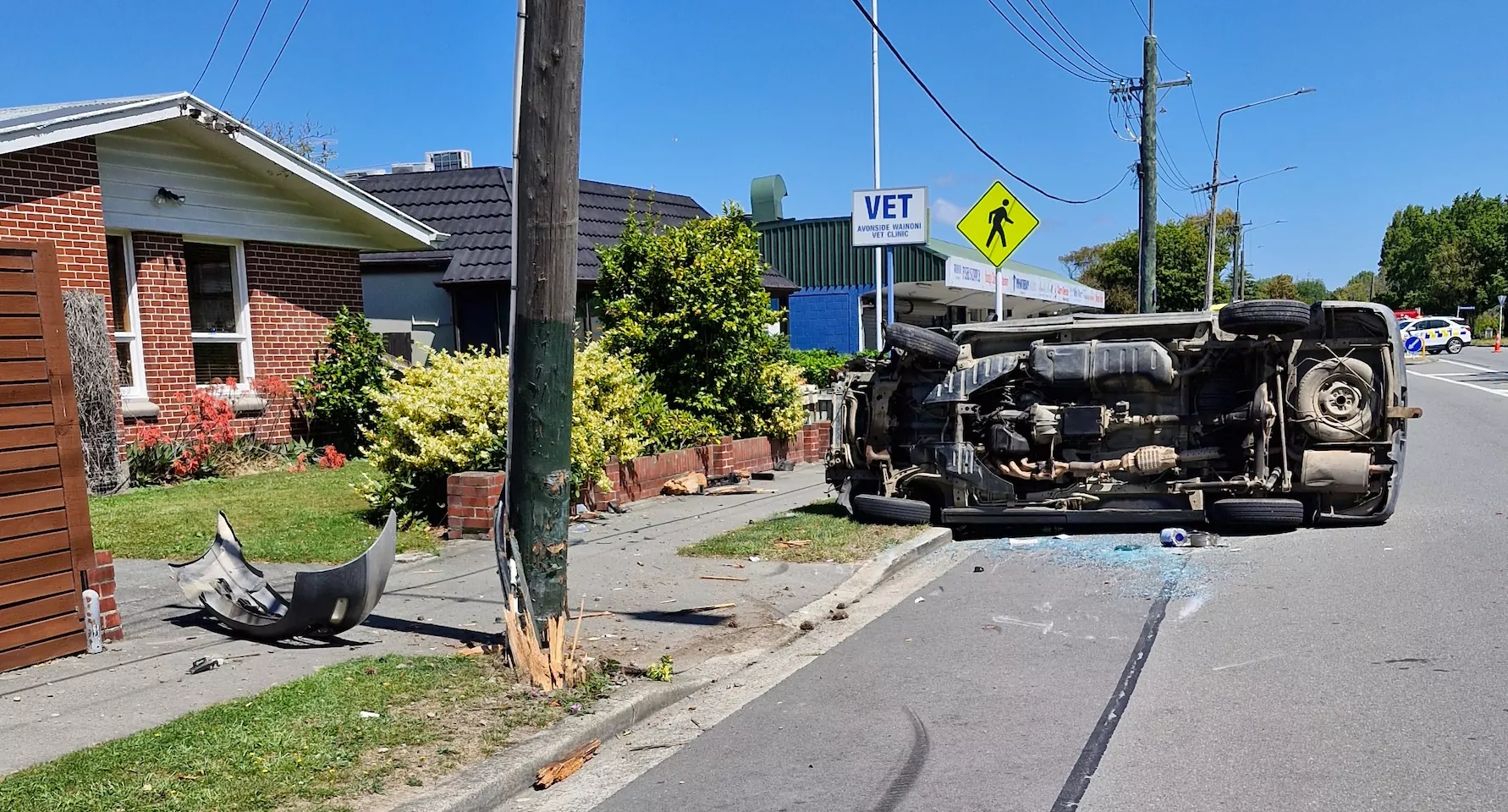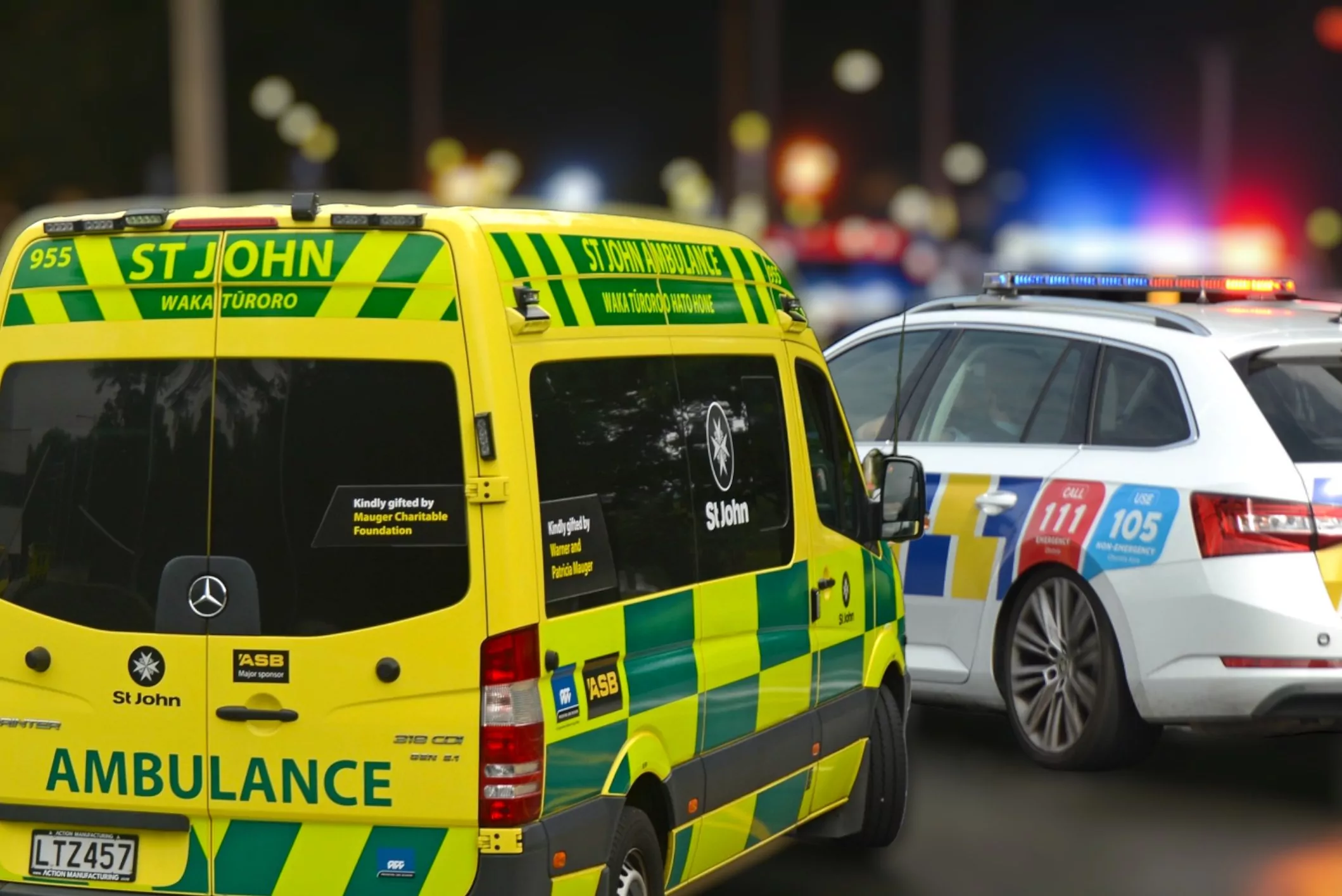Photo: Unsplash
The Midwifery Councils says there is no definition of a woman after coming under criticism for removing the words “woman” “baby” and “mother” from its scope of practice, and replacing them with the word “whānau.”
Ashburton midwife Deb Hayes initiated a petition two weeks ago saying the proposed revised scope is not “fit for purpose as it is written”.
She has seen a growing trend to use “gender neutral language” in health services, but said sex-based language was essential to midwifery.
In a statement from the Midwifery Council, Tangata Whenua Co-Chair Ngarangi Pritchard and Tangata Tiriti Co-Chair Kerry Addams said “the revised Scope of Practice of a Midwife was developed under the guidance of the Council’s Rōpu Pou Herenga Collaborative Reference Group. Members of the group comprised 14 midwives with a wide range of professional experience and five consumers.
“The Council believes the work on the Aotearoa Midwifery Project does not simply focus on rewriting words and documents. It is about considering the wide range of contemporary midwifery practice in Aotearoa New Zealand.”
Ngarangi Pritchard Co-chair – Tangata Whenua, Midwifery Council
Kerry Adams Co-chair – Tangata Tiriti Midwifery Council
The statement said “it examined cultural and clinical safety and the impact that midwives have on all whānau. The Council wants to ensure that midwives have the knowledge, skills and attitudes to practise safely and effectively across a range of settings. The revised Scope has been put out to the profession for two rounds of feedback – this feedback has further informed the development of the final version of the revised Scope of Practice. The purpose of the revised Scope is to acknowledge that wāhine/women/pregnant people and their babies exist within the context of their social connections. Their wellbeing is interconnected.
“Some people have raised concerns that the words ‘woman’ and ‘baby’ were replaced by the word whānau and that this could negatively impact on women’s access to maternity care choices. As ‘whānau’ can encompass many connections and relationships, for the purpose of the Scope of Practice and its application, whānau means the pregnant wahine/person and pēpe, in their social context, enabling care as it relates to pre-conceptual care, pregnancy, childbirth, and newborn care” The statement said.
“The Council is committed to the learning that is required to develop Te Tiriti-honouring ways of working that will meaningfully impact the safety of midwifery care for Māori and all whānau across Aotearoa. We believe that we have a unique opportunity to transform midwifery practice that will enrich our own lives, as well as those of everyone with whom midwives engage.”
When asked if the Council would backtrack, the Council told Chris Lynch Media “the work on the Scope is still being finalised at this point.”
The Council was also asked to provide a definition of a woman. The response was “There is no specific definition of a woman. All midwives (must) provide midwifery care to anyone who requires that care no matter how they identify.”

